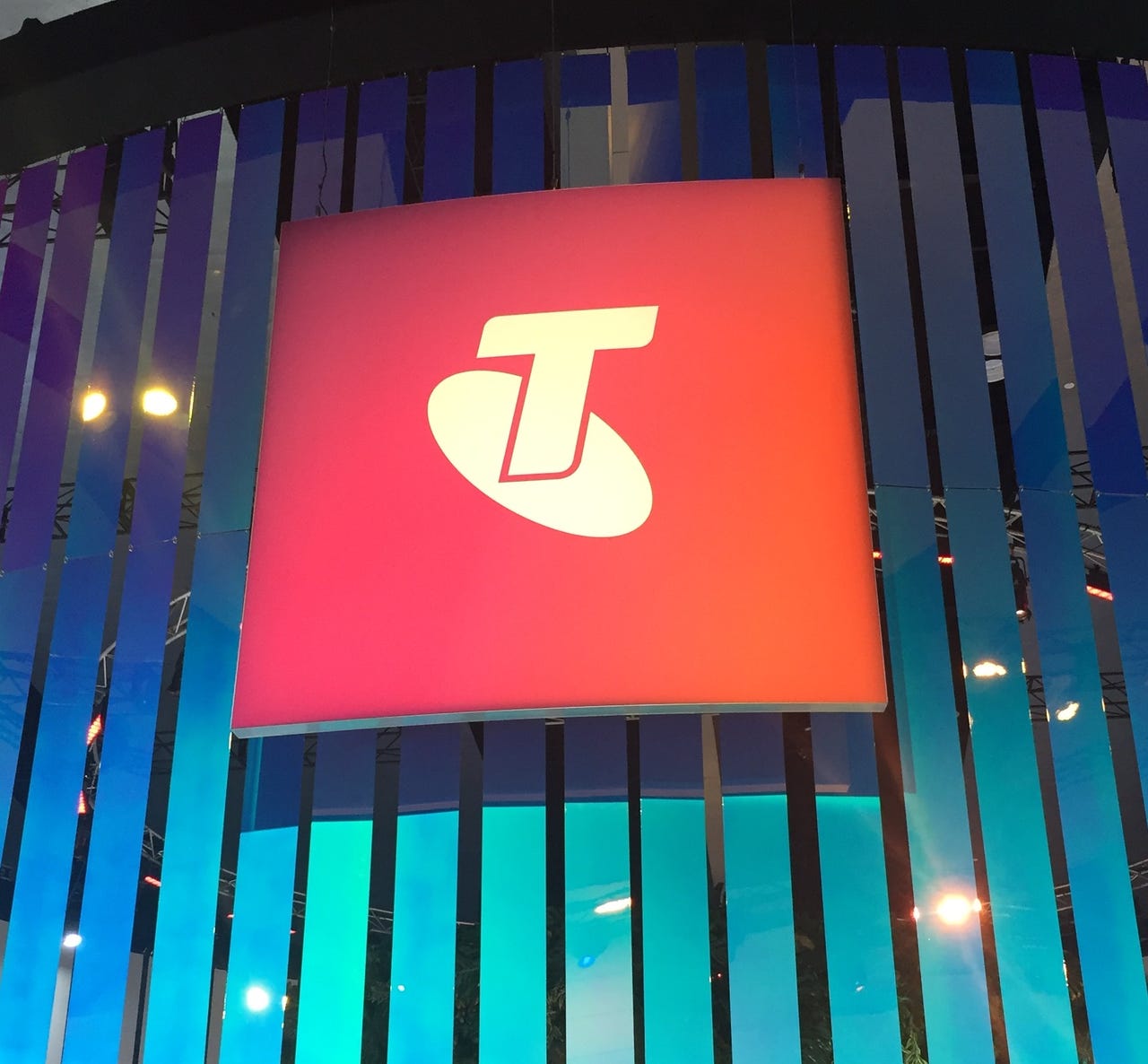Telstra unveils first release of its enterprise hybrid adaptive networks


Telstra has taken the wraps off the first set of services to fall under its adaptive networks banner, which will see the telco embrace SD-WAN and shift to month-to-month contracts.
Also: The best VPNs in 2020
The first products are labelled "adaptive connectivity" and encompass Telstra's fibre access network, Internet Direct products, and MPLS IPVPN services, with NBN connections to follow in December, and mobile LTE and 5G connectivity to be included in 2021.
Speaking to journalists, Telstra group owner for global connectivity and platforms Sanjay Nayak, said the end result could be a new customer premises operating off mobile connectivity until a fibre endpoint is built -- the sort of scenario that Telstra has previously said 5G is the sweet spot for -- with the mobile connection remaining in place as a backup.
The telco will also be offering wireless services for smaller sites, Nayak said. On Tuesday, the telco launched its currently invite-only 5G fixed wireless service for residential customers.
In order to build out the new offering, the telco has teamed up with Cisco and VMware to implement its "adaptive SD-WAN".
"Right now today, we have a very fixed and arguably inflexible IPVPN and MPLS services in connectivity that are effectively bundled for our enterprise customers," said Telstra Enterprise group executive Michael Ebeid.
"What we're effectively doing is we're unbundling our services to give our customers choice, flexibility, much more simplified pricing, and amazingly, no locking contracts for most of our services."
Ebied said adaptive networks would be a multi-year program that is iterated over the next couple of years.
"Where we've already got deployed a Telstra fibre solution for enterprise customers, that will remain the number one choice for us, obviously, but we can optimise the best hybrid network for our customers as well. We need to look at what our customer outcomes are, and give them the best solution and offer that flexibility of what this change really, really does."
Nayak told ZDNet the new networking solution has customers like AGL and eHealth NSW on board, and the telco wanted to remove the contract renewal element from discussions with its users.
"The rational for us was over the last two years what we have seen is a significant shift in how customers are consuming applications, and a lot of these applications are sitting in the cloud," he said.
"The conversations that we were having with our customers were focused on not just about how do we move applications to the cloud for you through Purple and our partner ecosystem ... but a fair chunk of the conversations were on renewals.
"And we felt 'what's the point of that renewal conversation?' Either a customer is happy with us or they're not happy with us."
Nayak earlier said the telco had added more gateways into its core network to allow "fluid routing" of cloud applications, and that customers would not have to pay an early termination fee when cancelling or changing contracts with Telstra.
A day earlier, Telstra announced it had worked alongside Ericsson and Ciena to complete an upgrade to 400G in its optical transmission network from the previous 100G offered.
"This upgrade increases Telstra's optical network capacity by 400% per wavelength, allowing Telstra to deliver high capacity services to its customers in a shorter period of time as well as the ability to quickly and efficiently scale the transmission network for future needs," it said.
In August, the telco said it had tested 800G in its live network, and had hit 700G per wavelength between Sydney and Melbourne.
The upgrades arrive after ProtonMail complained on Wednesday morning that its routes suffered from a BGP announcement out of Telstra.
"There is an ongoing BGP hijacking incident impacting the ProtonMail network. Connectivity to Proton services is being impacted. Telstra is announcing our 185.70.40.0/24 subnet without authorization," the company said in a tweet.
"To clarify, reading emails is not impacted. Incoming/outgoing mails may be delayed (messages are queued & routed through slower secondary paths). No data is lost or breached. The issue unfortunately lies with Telstra and must be fixed on that side."
Telstra acknowledged the bad routing announcement, and said its systems had received "negligible traffic".
"The overnight change has now been reversed. No emails or data were breached or lost," Telstra said five hours after ProtonMail's initial tweet.